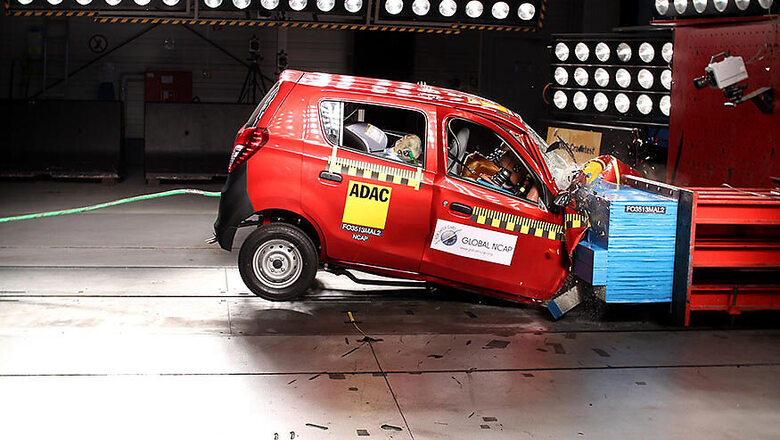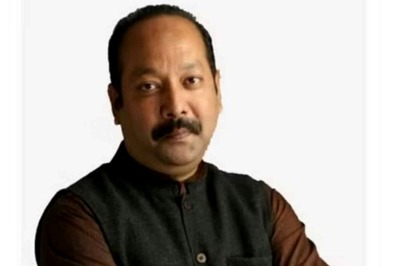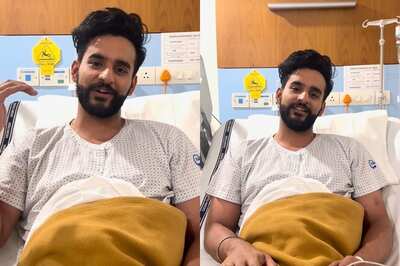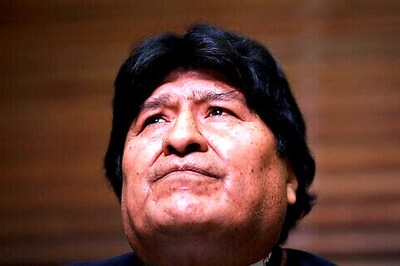
views
Businessman, former mayor, World Health Organization (WHO) ambassador and philanthropist Michael Bloomberg is using his celebrity and his fortune to encourage US and European automakers to build cars for Asia and Latin America that are safe rather than simply affordable.
According to Global NCAP research, if the United Nations' most basic regulations for new car safety were adopted by Argentina, Brazil, Chile, and Mexico today, within 15 years 40,000 lives could be saved that would have otherwise been lost to car crashes and a further 400,000 would have avoided a serious injury.
However, across emerging Latin American and Asian markets, the most popular new cars all too often come with little in the way of crash protection -- even something as basic as an airbag can be a cost option, if offered at all. What compounds the problem is that most of these best-selling cars are being built by established US and European companies -- firms who are scoring five-star safety ratings in their home markets with very similar models.
"This is a major public health crisis that has not gotten anywhere near the attention it deserves, and it demands an urgent response both by governments and automakers," said Michael Bloomberg at this week's Technical Conference on the Enhanced Safety of Vehicles in Detroit.
"Automakers have argued that producing cars without airbags and other basic safety features help keep them affordable in lower-income markets. But the cost of basic safety features is so low that incorporating them into production would have little impact on affordability."
Progress is being made. In India, where over the last year 600,000 new cars were sold that would score a zero-star safety rating under NCAP testing criteria, new regulations are about to come into force. Following years of consultation, the country has finally established its own form of NCAP testing and from October, new cars will have to come with airbags and a system for reminding people to wear their seatbelt, as standard equipment.
In Latin America, an NCAP testing organization has been operating officially since 2014 (partly funded by Bloomberg's philanthropic fund) and attempting to help consumers make an educated choice when choosing a new car, but, according to Bloomberg, more pressure needs to be applied to governments and auto firms if the safety gap is to be closed.
"Governments should create and enforce better vehicle safety standards," said Bloomberg. "Automakers should make voluntary commitments that all of their cars swiftly reach or exceed the safety standards adopted by the United Nations. Cars sold in the US, most of Europe, Japan, Korea and Australia already meet these or equivalent national standards, but not those sold in most of the rest of the world."



















Comments
0 comment